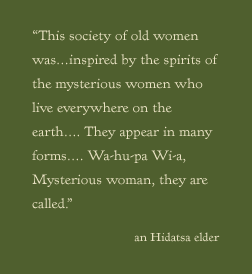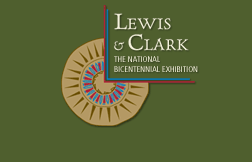
 |
INTRODUCTION TO UNIT Target Grade Level: Indian women influenced the expedition despite the fact that Lewis and Clark had little direct contact with them. All along the way, Lewis and Clark wrote that Indian women were oppressed; they failed, however, to see the various powers that these women possessed. Their understanding of a woman's role in society was based on a Euro-American model. Sacagawea was the only woman to accompany Lewis and Clark on their journey west. It is the goal of this unit to investigate both Sacagawea's role as the sole woman on the journey and the role of Indian women on the northern plains during this time period. Explore Connections to Today for this unit. MAJOR UNDERSTANDINGS All societies define gender roles. ESSENTIAL QUESTIONS How do perceptions about gender roles shape what we see? KEY KNOWLEDGE OBJECTIVES Students will:
KEY SKILL OBJECTIVES Students will:
FORMATIVE ASSESSMENT SUGGESTIONS Students will give evidence of their grasp of knowledge and skills by means of teacher-directed class discussions, writing exercises, use of graphic organizers, poster presentations, quizzes, and skits.
|
|||
 |
 |
 |
 |
